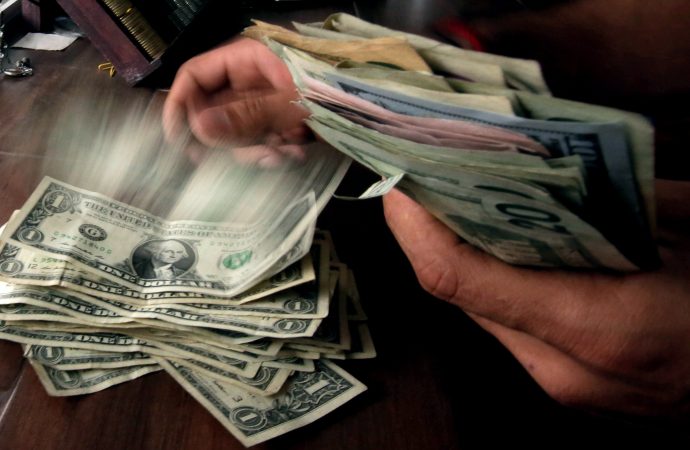Pope Francis has signed a new anti-corruption law for the Vatican, which prohibits employees from using tax havens investing in companies that go against Church teaching.
“Faithfulness in things of little account is related, according to Scripture, to faithfulness in the important ones,” begins the motu proprio on anti-corruption for members of Vatican management signed by Francis April 26. “Just as being dishonest in things of little importance is related to being dishonest in important matters.”
The Holy See adheres to the United Nations Merida Convention against Corruption, and is therefore compelled to conform to the best practices for preventing and combating corruption.
To that end, employees at all managerial levels of the Vatican – from cardinals to lay executive personnel – will be obliged to sign, every two years, a declaration in which they attest that they have not benefitted from any special amnesty or pardon, nor received convictions for crimes, either in the Vatican City State or abroad.
The declaration also demands the employees not to be shareholders or have interests in companies that operate for purposes or in sectors contrary to the Catholic Church’s social teaching. This includes the weapons industry, pornography, or pharmaceutical companies that produce products related to artificial contraception and abortion.
In an April 26 interview with Italian broadcaster Rai 3, Libero Milone, who served as the first auditor general of the Vatican Curia from 2015-2017, said that APSA, the Holy See’s investment management and real estate office, had made investments that did not correspond to the social doctrine of the Church, including a pharmaceutical company that produced the morning-after pill.
According to Milone, the Vatican held these shares for almost 20 years, until he flagged the investment to his ecclesiastical superiors, who quickly sold them.
The layman was forced to resign his position after Cardinal Angelo Becciu, then a high-ranking official of the Secretary of State, accused Milone of spying on him, threatening him with criminal prosecution if he didn’t leave. Becciu was later promoted by Francis to be the head of the Vatican’s Congregation for the Causes of the Saints, but later forced to resign, allegedly over corruption charges. The pontiff also stripped Becciu of his responsibilities as a cardinal, including taking part in any future conclave to choose Francis successor.
The new motu proprio also makes Vatican managers declare they are not subject to pending criminal proceedings or, to their knowledge, pending investigations due to their “participation in a criminal organization; corruption; fraud; terrorism or connected to terrorist activities; money laundering; exploitation of minors, forms of trafficking of minors, forms of trafficking or exploitation of human beings, tax evasion or avoidance.”
They also cannot hold, even through a proxy, “cash or investments, including stakes or interests of any kind in investments, including shareholdings or interests of any kind in companies and firms, in countries included in the list of the jurisdictions with a high risk of money laundering or terrorist financing as identified by order of the Financial Intelligence and Surveillance Authority,” unless close family is resident in said country.
The declaration renewed every two years also mandates that all property – movable or immovable – cannot have originated from unlawful activities, and cannot be the product or profit of crime.
Lastly, Vatican employees are banned from receiving for any reason related to their office, gifts or benefits exceeding the value of forty euros (close to $50).

